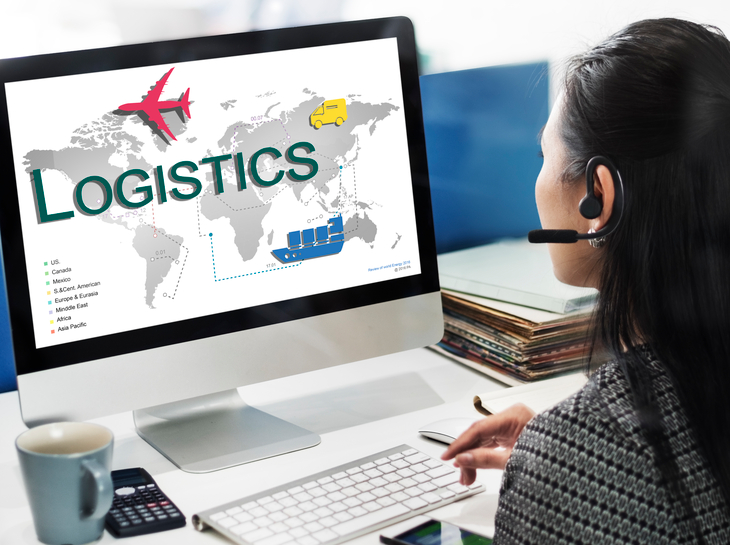Demystifying Inbound Logistics for eCommerce Stores

E-commerce inbound logistics is as important as the business itself. It is the part of the business that involves receiving and storing raw materials, products and supplies from suppliers or manufacturers. And it involves the transport of goods from one location to another. In short, inbound logistics enables the efficient transportation of goods from suppliers to warehouses or distribution centers.
There is more to it. Thankfully, this article will be demystifying inbound logistics service; explaining its importance and how it differs from outbound logistics. But first, let's define inbound logistics management in depth.
What is Inbound Logistics Management?
Inbound logistics management is the entire flow of goods from suppliers to warehouses or distribution centers. It's a complex process involving a number of activities, such as scheduling appointments with suppliers, coordinating inbound freight shipments, receiving and inspecting goods, and storing them in your warehouse.
Efficient inbound logistics management is essential because it allows you to maintain optimal inventory levels and ensure you have enough supplies to meet your customers' demands. By prioritizing this important aspect of your business operations - inbound logistics, you can achieve higher customer satisfaction and promote the long-term success of your business.

How is inbound logistics different from outbound logistics?
We already established that inbound logistics management refers to receiving goods from suppliers, but outbound logistics work somehow differently. Outbound logistics is the indispensable process of delivering goods to customers. Simply put - inbound logistics deals with taking raw materials in, while outbound logistics deals with delivering the finished materials from the company to the final consumer.
It's vital that as a business owner, one must prioritize both inbound and outbound logistics to be successful. And this includes effective planning and seamless execution of inbound logistics to build a robust supply chain and achieve sustainable growth for your business.

Why is Inbound Logistics Management Important for eCommerce Companies?
Optimizing inbound logistics management can provide e-commerce companies with several benefits, such as:
- Saving costs: By optimizing inbound logistics management, you can unlock a variety of benefits for your eCommerce business, including significantly reducing transportation costs, improving inventory management, and minimizing the need for emergency deliveries.
- Improved Inventory Management: By managing your inbound freight shipments effectively, you can proactively manage your inventory levels and ensure a steady flow of goods to meet customer demand. This, in turn, can help you avoid stock-outs, shorten delivery times and provide your customers with a seamless shopping experience.
- Better customer experience: finally, inbound logistics helps you optimize your order and minimizes your risks of delivering shortages or delays. This way, you can build a reputation for reliability and efficiency and increase customer satisfaction and loyalty in your business.
Partner with a third-party logistics provider (3PL)
Partnering with a third-party logistics (3PL) provider is a common practice for e-commerce businesses to optimize their inbound logistics operations. By leveraging the resources and expertise of a 3PL provider, businesses can streamline their inbound logistics management, improve inventory management, and enhance overall supply chain performance.
This can help you achieve greater efficiency and cost savings, enhance your inventory management, and improve your overall customer experience.

Renowned e-commerce companies work with EPL to optimize their inbound logistics. The reason is simple - the role of 3PL logistics is leveraging resources and expertise to improve overall supply chain performance. By this, 3PL can too your business achieve great efficiency, save on costs and boost your customers' satisfaction.
Popular Articles

Rationalizing Trade Fair Logistics in The Cosmetics Industry: How M...

Register Second Residence in Germany

Streamlining Furniture Logistics: Moovick's Expertise in Seamless D...

Moving with Ease: Expert Advice for a Painless Move Across Europe

Relocation Package for Employees - Ultimate Guide

Navigating Legalities: Understanding Visas and Residency Requiremen...

